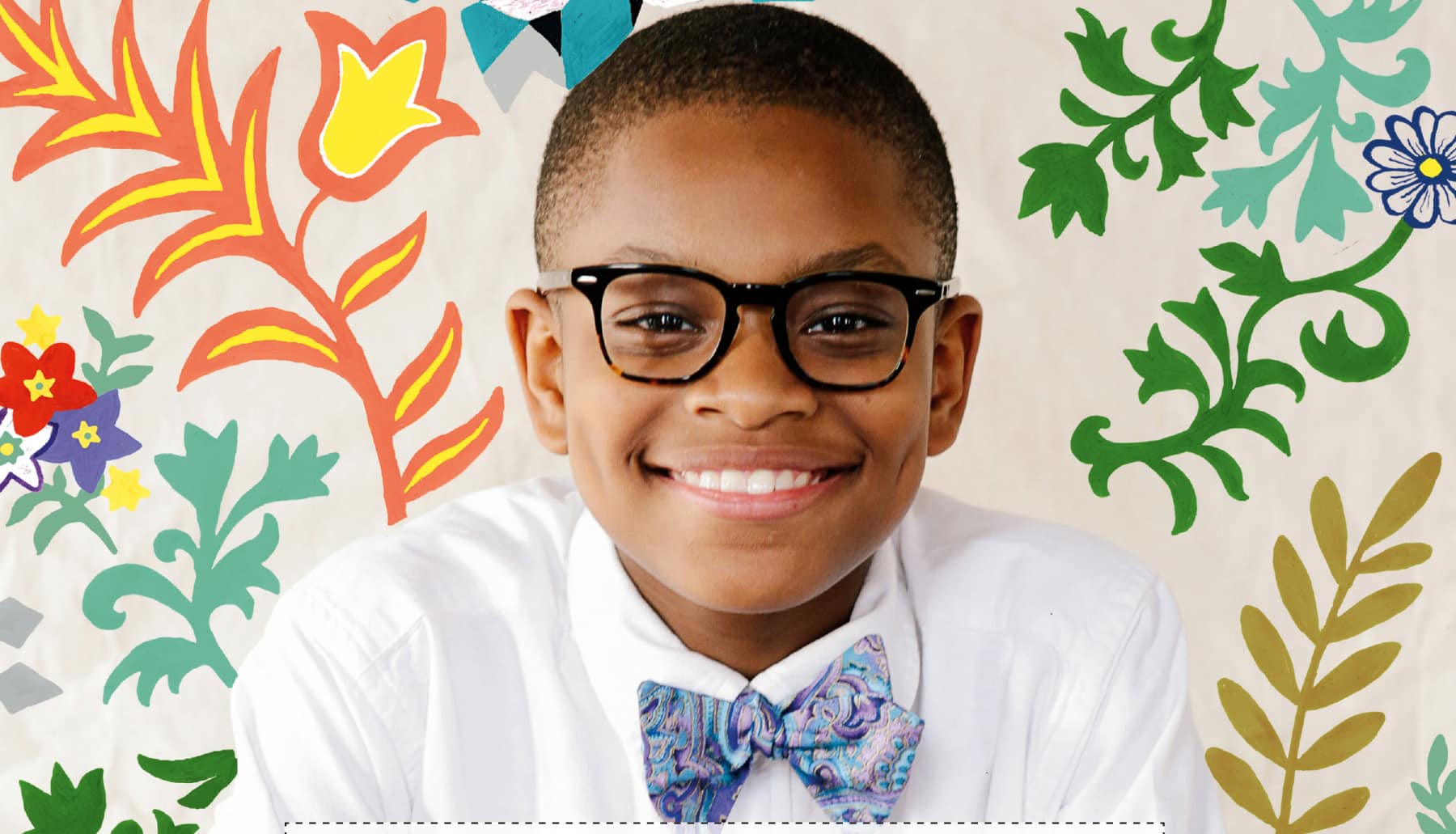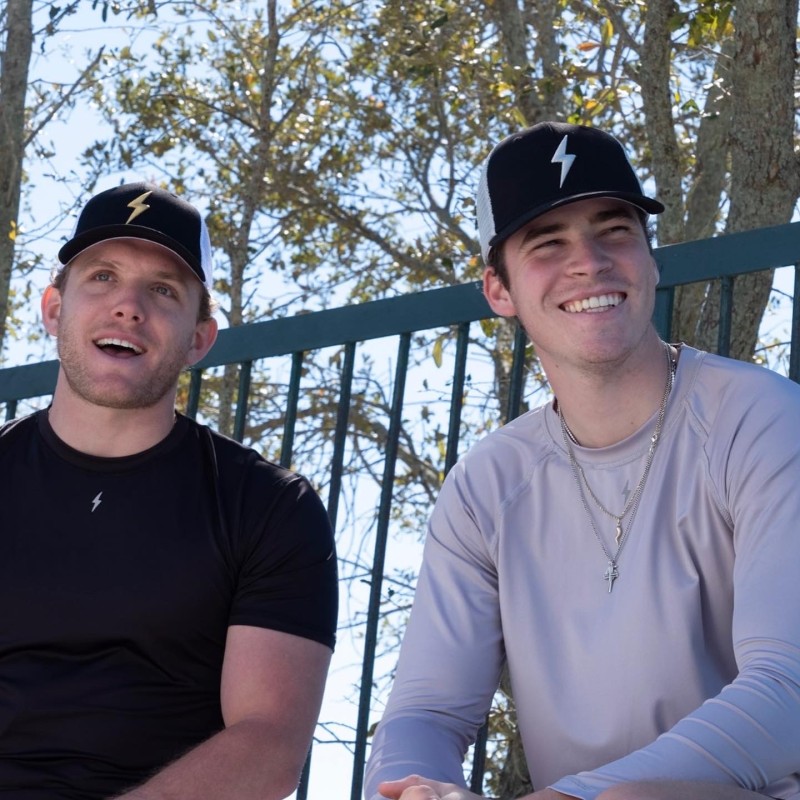Imagine coming up with and launching a business idea straight from your dorm room based off an issue with ponchos! Well, that’s what Monika Dharia did in 2016 as a sophomore at Duke. Monika Dharia studied environmental engineering, entrepreneurship, and economics during her time at Duke. She first realized that it rains a lot on the campus and went from thinking about renting umbrellas for free to eventually thinking about no plastic-based ponchos. She noticed that there was a problem with disposable petroleum-based products, especially with the ponchos. But how can you make a rain poncho more eco-friendly? And how can you make a poncho that’s different than any other poncho? Well, the answer lies in renewable materials and responsible packaging to help this ongoing issue. EcoRain Ponchos are sustainable ponchos that help to lower greenhouse gas emissions as well as being reusable and recyclable. These ponchos are responsibly sourced from Brazil made from sugarcane ethanol. What else also makes these ponchos unique? It’s that Monika made sure to include that the packaging for the ponchos is plastic free and made from FSC-certified recycled kraft paper. Soy based ink also helps to make their paper packaging easier to recycle. How many other companies that sell ponchos have unlimited uses because they’re 100% recyclable and is great for the environment? Not many other companies have thought of innovative ideas like Monika has! Monika has also won $35,000 in funding for her ponchos, but things started getting tough during the pandemic. Eventually she pulled through after getting a partnership with GreenGear. But it doesn’t stop there, because she also got a partnership with the Eagles and Braskem! So far, her ponchos have made an impact by fulfilling orders with Duke, Yale, North Carolina FC, the Eagles, and even some national parks like Yellowstone and Zion! Monika Dharia’s ideas and innovations towards the poncho market are groundbreaking, and it’s no surprise thanks to her entrepreneurial and environmental engineering skills! From an idea to reducing plastic in ponchos to being “the first 100% sugarcane-based poncho.” Monika has also been featured in Forbes 30 under 30, and in 2023 they have donated $11k to nonprofit organizations. If you still thought that was amazing, their business is also a minority and woman owned small business while also being 1% for the Planet members. So, Monika proves that if you see a need that can be fulfilled and even improved in the process to be more eco-friendly, to take a chance because your idea might be as great as an EcoRain Poncho!
Not many other companies have thought of innovative ideas like Monika has! Monika has also won $35,000 in funding for her ponchos, but things started getting tough during the pandemic. Eventually she pulled through after getting a partnership with GreenGear. But it doesn’t stop there, because she also got a partnership with the Eagles and Braskem! So far, her ponchos have made an impact by fulfilling orders with Duke, Yale, North Carolina FC, the Eagles, and even some national parks like Yellowstone and Zion! Monika Dharia’s ideas and innovations towards the poncho market are groundbreaking, and it’s no surprise thanks to her entrepreneurial and environmental engineering skills! From an idea to reducing plastic in ponchos to being “the first 100% sugarcane-based poncho.” Monika has also been featured in Forbes 30 under 30, and in 2023 they have donated $11k to nonprofit organizations. If you still thought that was amazing, their business is also a minority and woman owned small business while also being 1% for the Planet members. So, Monika proves that if you see a need that can be fulfilled and even improved in the process to be more eco-friendly, to take a chance because your idea might be as great as an EcoRain Poncho!
Check out the EcoRain Poncho website here!
Sources:
Sustainable Rain Ponchos & Bags | GreenGear Supply Co.
Women ‘Green-Sports-Preneurs’: Monika Dharia, Founder of GreenGear – GreenSportsBlog

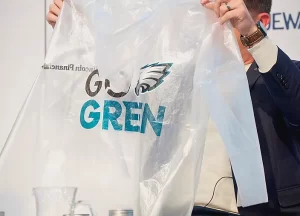
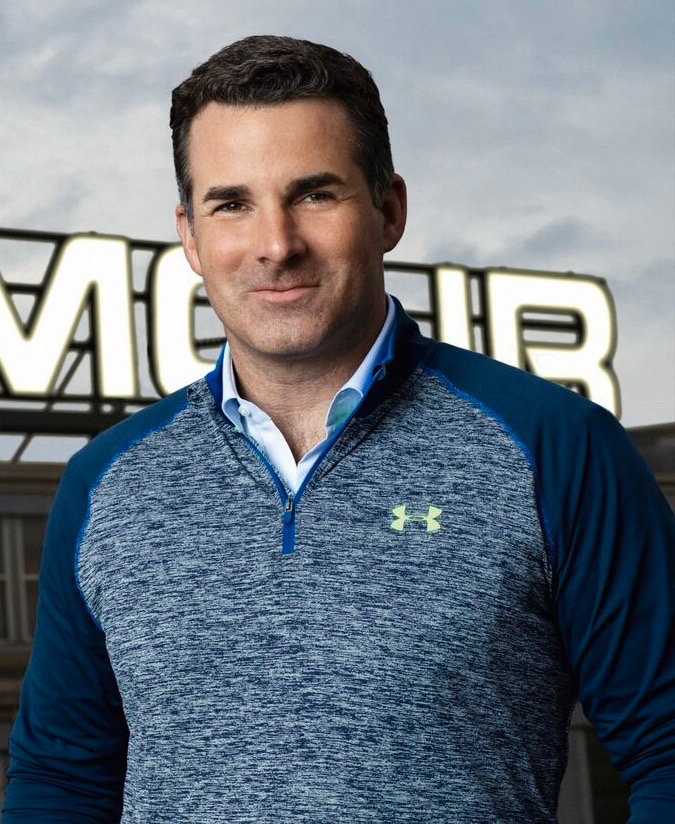 You might not know who Kevin Plank is, but at a place like Grove City College, his business is literally all around you. Kevin Plank is the creator of Under Armour. Picture this: you’re in the mid-’90s, and you’re a college football player frustrated with how sweaty and uncomfortable your workout gear is. While most of us weren’t even born yet, Plank was on a mission to revolutionize sportswear that we all know and love today. That probably makes you feel old.
You might not know who Kevin Plank is, but at a place like Grove City College, his business is literally all around you. Kevin Plank is the creator of Under Armour. Picture this: you’re in the mid-’90s, and you’re a college football player frustrated with how sweaty and uncomfortable your workout gear is. While most of us weren’t even born yet, Plank was on a mission to revolutionize sportswear that we all know and love today. That probably makes you feel old.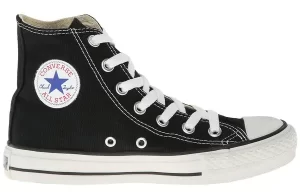
 Where most of us think of entrepreneurship as this world where we constantly come up with first-world ideas, one person went to a third-world place for innovation. Robert Felder’s story embodies not just innovation but also empathy. His journey began in high school with a transformative trip to South Asia, where he saw that while Bangladesh being a major apparel manufacturer, its people lacked basic clothing, and this deeply affected him. When he came home to the humid Florida winter, he couldn’t find any shorts he liked. These experiences became the driving force behind the company he founded right out of high school, Bearbottom.
Where most of us think of entrepreneurship as this world where we constantly come up with first-world ideas, one person went to a third-world place for innovation. Robert Felder’s story embodies not just innovation but also empathy. His journey began in high school with a transformative trip to South Asia, where he saw that while Bangladesh being a major apparel manufacturer, its people lacked basic clothing, and this deeply affected him. When he came home to the humid Florida winter, he couldn’t find any shorts he liked. These experiences became the driving force behind the company he founded right out of high school, Bearbottom.

